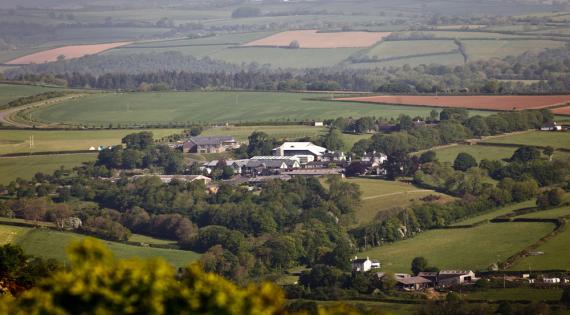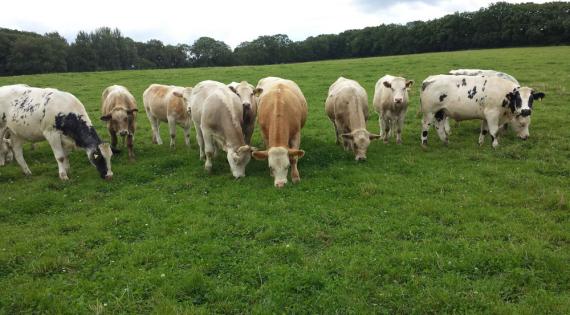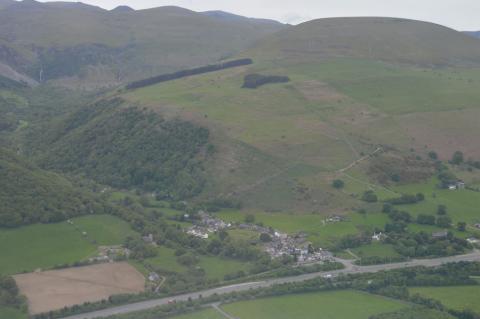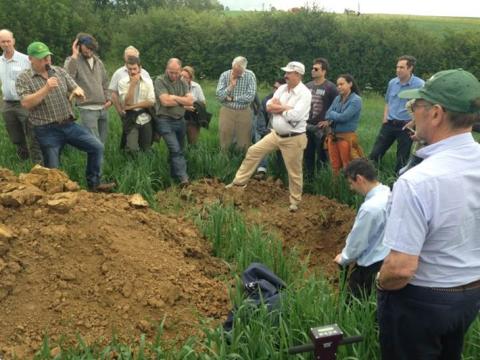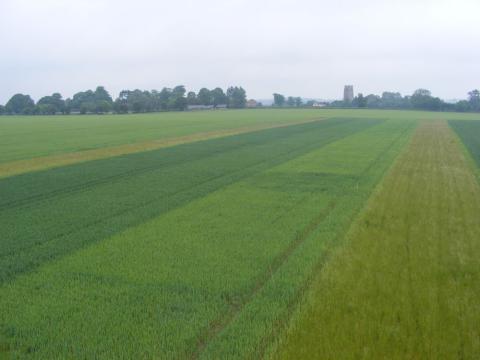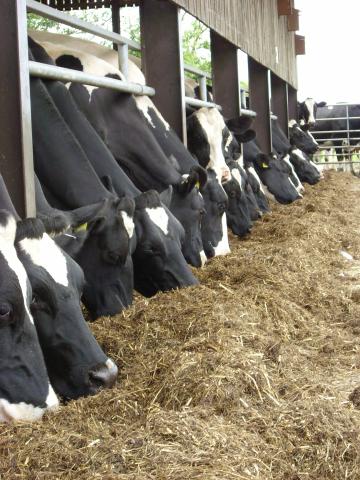The SIP study farm network tested and demonstrated a range of farm management practices with the potential to improve the economic, environmental or social performance of farming systems.
The five farms covered a range of farming types and regions, focusing on those that represent significant areas of land use across England and Wales:
- North Wyke (Rothamsted Research) and Future Farm (Duchy College)
- Henfaes Research Centre (Bangor University)
- The Allerton Project (Loddington - GWCT)
- Morley (NIAB)
- Nafferton (Newcastle University Farm)
The SIP work at the Study Farms built on existing research activities relevant to SI through: additional interventions, new measurements and analyses, and/or scaling-up evaluation. Each farm has established a baseline from ongoing or new data, enabling the actual or potential economic and environmental impacts and benefits of the alternative practices to be assessed.
Related and wider work continues at each of the Study Farms, beyond the end of the SIP. Please click on individual study farm links to find out more.
The final report for this work will be published soon. Science, Policy and Practice notes on the Role of cover crops within sustainable soils manangement and Sustainaing trace elements in grazing sheep are available:
- The Role of Cover Crops within Sustainable Soil Management / Nodyn 3: Rôl Cnydau Gorchudd mewn Rheoli Pridd yn Gynaliadwy
- Sustaining Trace Elements in Grazing Sheep / Nodyn 4: Cynnal Elfennau Hybrin mewn Defaid Pori
The data generated by the SIP is freely available via Defra for future use.
During the SIP, the study farms were centres for knowledge exchange with farmers, advisers and other stakeholders. If you are interested in finding out more about future open days, please follow the individual study farm links.
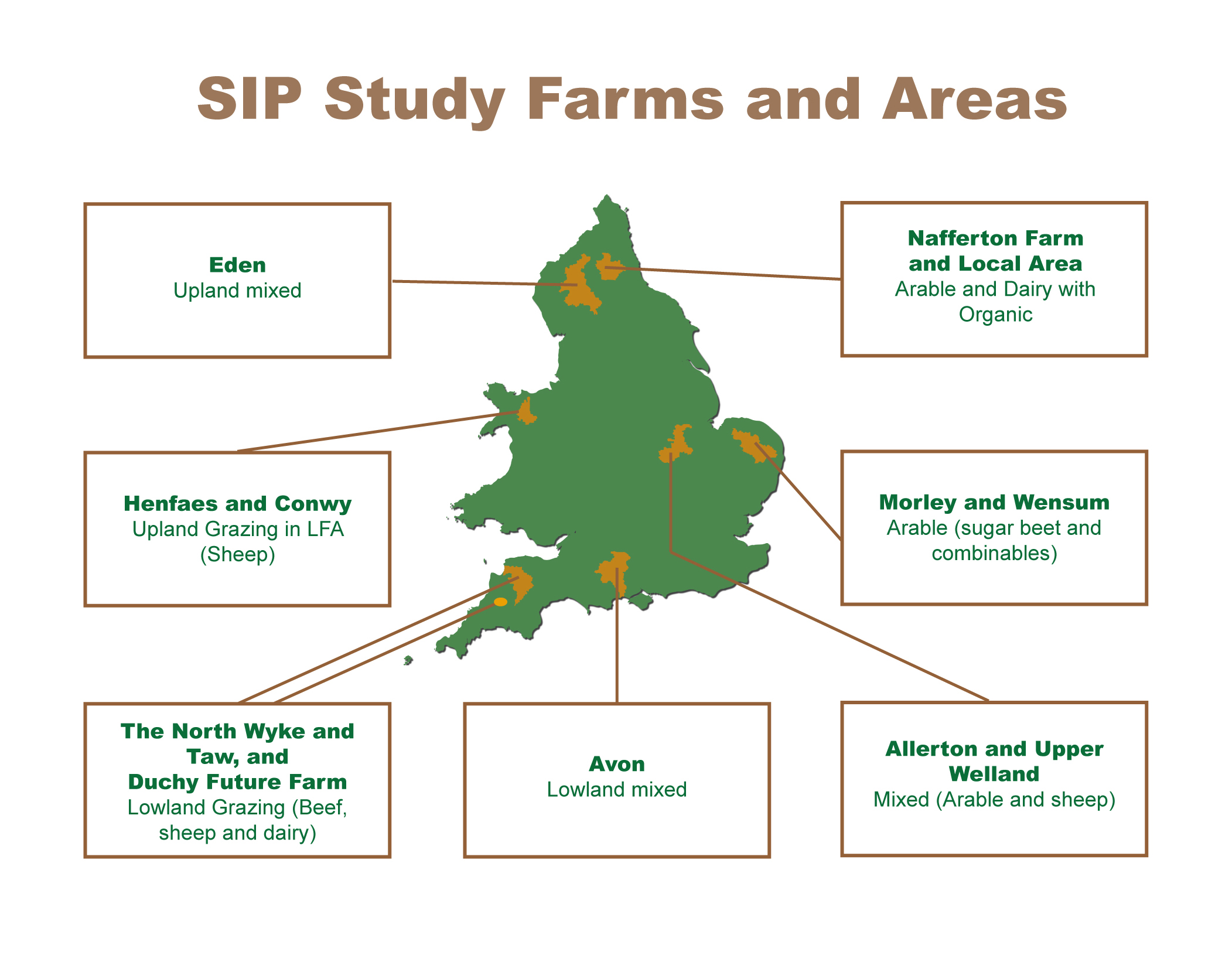
North Wyke/Taw and Duchy Future Farm
Background
At Rothamsted Research the North Wyke Farm Platform (NWFP) is running lowland beef and sheep systems on a total of 64 ha where livestock productivity and farm-gate balances are measured in three farmlets, each with 30 rearing and finishing cattle and 75 lambing ewes. Duchy College Future Farm is building a 300 cow unit with four parallel mini-herds in which inputs and outputs will be measured.
SIP research at North Wyke and Duchy Future Farm
Since April 2013 two of the NWFP farmlets have been progressively resown, either with (a) High Sugar Grass (HSG) as part of a regular reseeding plan (Planned Reseeding) or (b) with longer-term HSG and clover swards (Legume). This reseeding was completed by August 2015. The third farmlet is continuing with (c) the existing Permanent Pasture as a control. All three farmlets are grazed by beef cattle and sheep.
At Future Farm HSG was sown in 2015 so comparisons can be made with the existing grassland when grazed by two separate herds of dairy cows in 2016.
A herbage analysis laboratory is being developed at Rothamsted Research, North Wyke to measure aspects of pasture quality (e.g. fibre analyses) and the impacts on meat quality at NWFP and milk quality at Future Farm.
